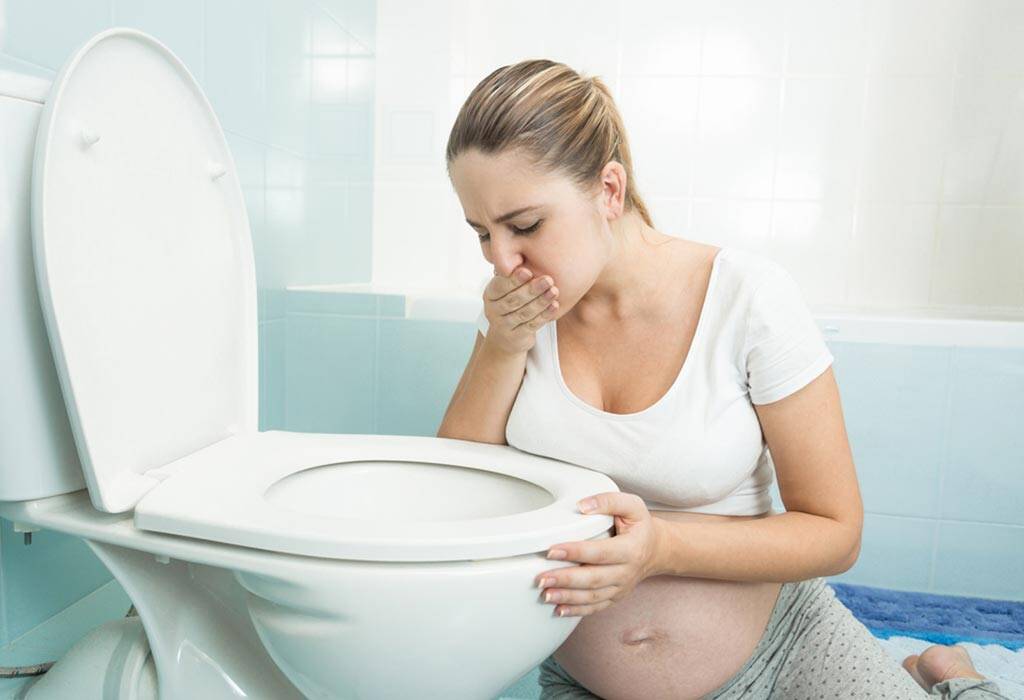Every bit of substance you take in during pregnancy is shared with the developing child. Despite the fact that some foods and even some forms of food poisoning may not harm you, they may do so to your child. Avoid eating any food that has been out of the refrigerator for longer than two hours to prevent food poisoning (or more than one hour in hot weather).
Some foods should only be eaten occasionally, while others should be altogether avoided. Fortunately, there’s more you can eat than what you can’t. To be healthy, you’ll need to pay close attention to what you eat and drink.
To keep safe when pregnant, avoid or consume less of the following foods and beverages:
1. Raw or Undercooked Fish
Sushi lovers will find this difficult, but it’s a significant one. Shellfish in particular can spread various illnesses when eaten raw. These infections can be caused by bacteria, viruses, or parasites such salmonella, listeria, vibrio, and norovirus.
Some of these infections may merely have an impact on you, leaving you weak and dehydrated. Other illnesses could be transmitted to your unborn child and have dire, even deadly, effects. Listeria infections are particularly dangerous for expectant mothers. In fact, compared to the general population, pregnant women have a 10-fold increased risk of contracting Listeria, according to the Centers for Disease Control and Prevention (CDC).
This bacteria can be detected in contaminated water, plants, or soil. Raw fish can become infected during processing, including smoking or drying. Even if you are not ill, the placenta can transmit the listeria germs to your unborn child. According to the CDC, this can result in an early delivery, a miscarriage, a stillbirth, and other major health issues. Avoiding raw fish and shellfish, especially many sushi dishes, is strongly suggested. But don’t worry; once the baby is delivered and it’s safe to eat again, you’ll appreciate it much more.
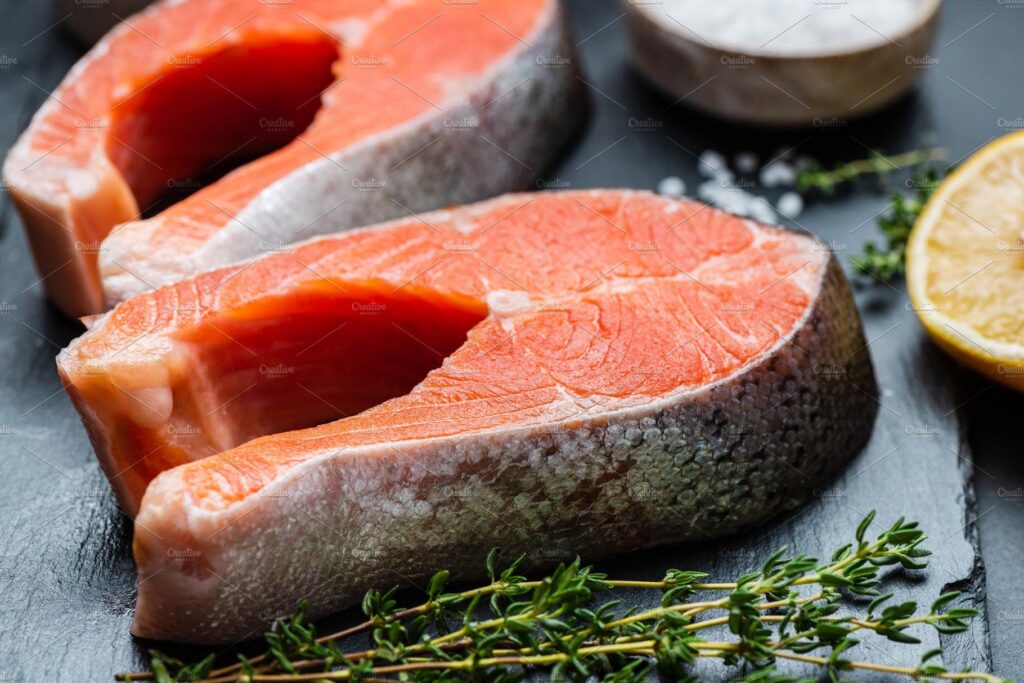
2. Raw Eggs
Salmonella bacteria can be present in raw eggs. Salmonella infections can cause fever, nausea, vomiting, pains in the stomach, and diarrhea. However, the infection can occasionally result in uterine cramping, which can result in an early birth or a loss. Raw eggs are frequently seen in the following foods:
- Mild egg scramble
- Fried eggs
- Homemade mayonnaise and hollandaise sauce
- A few homemade salad sauces
- Handmade cake icings and homemade ice cream
The majority of commercially available raw egg products are manufactured with pasteurized eggs and are safe to eat. To be certain, you should always read the label.
3. Mercury Rich Fish
An extremely dangerous element is mercury. There is no established safe level of exposure and is most frequently seen in contaminated water. It can be hazardous to your kidneys, immunological system, and brain system at larger doses. Children who consume it may also experience major developmental issues; harmful effects can still occur at smaller doses. Large marine fish can accumulate substantial levels of mercury since it is present in polluted environments. Therefore, it is advised to stay away from high mercury fish while breastfeeding or pregnant.
Fish high in mercury include:
- Shark
- Swordfish
- King mackerel
- Tuna (especially bigeye tuna)
- Marlin
- Tilefish from the Gulf of Mexico
- Orange roughy
It’s crucial to remember that only some species of fish are high in mercury. Low mercury fish are plentiful and include:
- Anchovies
- Cod
- Flounder
- Haddock
- Salmon
- Tilapia
- Trout (freshwater)
Fatty fish like salmon and anchovies are especially good options, as they are high in omega-3 fatty acids, which are important for your baby.
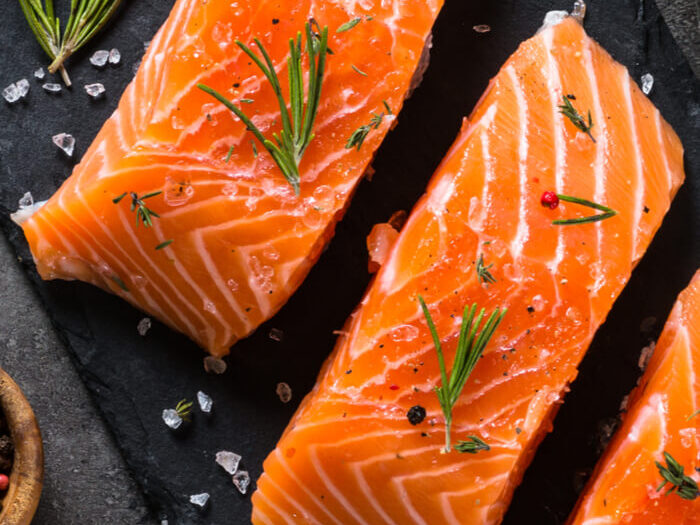
4. Raw, Processed, and Undercooked Flesh
Undercooked meat shares some similarities with raw fish in terms of its dangers. Eating raw or undercooked meat increases your risk of contracting Toxoplasma, E. coli, Listeria, and Salmonella infections, among other germs and parasites. Your child’s health could be in danger from bacteria, which could result in stillbirth or serious neurological conditions like epilepsy, blindness, and intellectual handicap.
Despite the fact that the majority of bacteria are found on the surface of complete pieces of meat, some may continue to exist within the muscle fibers. Tenderloins, sirloins, and ribeye from beef, lamb, and veal are some examples of complete cuts of meat that may be safe to eat even when not fully cooked. This only probably applies if the flesh is entire or uncut, though completely cooked on the outside.
5. Fruit juice, Cheese, and Unpasteurized Milk
Listeria, Salmonella, E. coli, and Campylobacter are just a few of the dangerous bacteria that can be found in raw milk, unpasteurized cheese, and soft-ripened cheeses. The same is true for unpasteurized juice, which can also be contaminated with bacteria. Each of these infections may have fatal implications for an unborn child.
The bacteria may have developed naturally or may have been introduced during collection or storage. The best technique to eliminate any hazardous germs without affecting the nutritional content of the items is by pasteurization, eat only pasteurized milk, cheese, and fruit juice to reduce the risk of illnesses.
6. Alcohol
Alcohol consumption is strongly discouraged when expecting since it raises the chance of stillbirth and miscarriage. Your baby’s brain development can be adversely affected by even a modest amount. Fetal alcohol syndrome, which includes facial deformities, heart issues, and intellectual incapacity, can also be brought on by alcohol consumption during pregnancy. Since drinking alcohol at any quantity has not been shown to be safe during pregnancy, abstinence is encouraged.
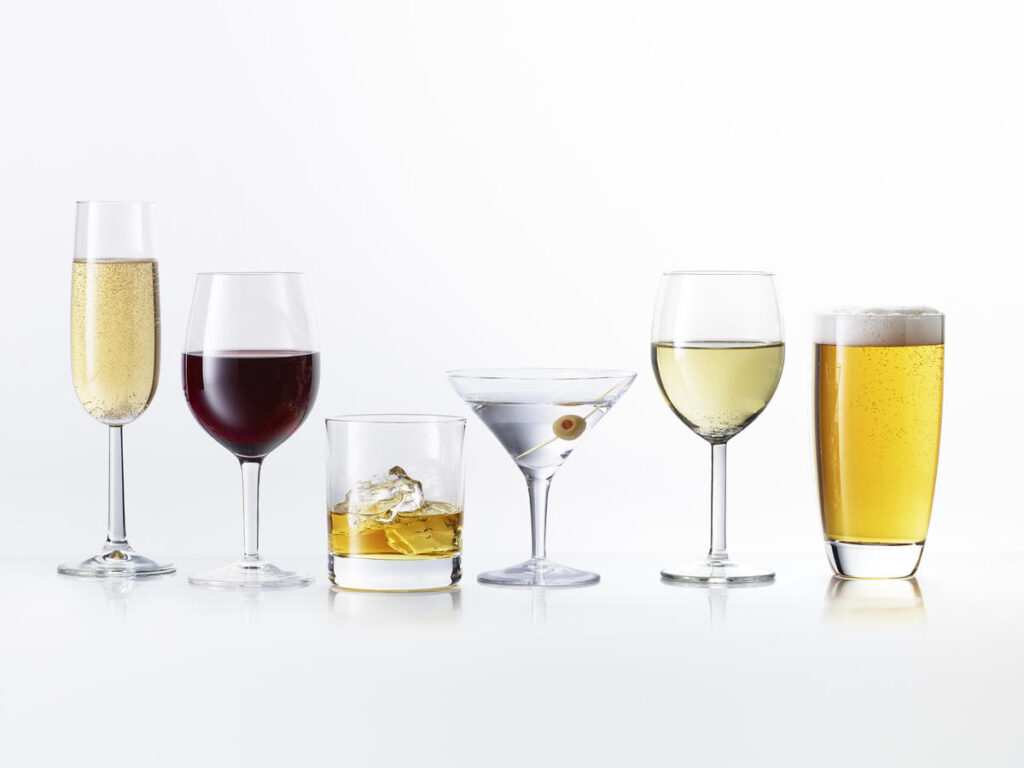
7. Processed Junk Foods
Whole foods with enough nutrients to suit your needs and those of the fetus should make up the majority of a healthy pregnancy diet. Processed junk food generally has low nutritional value but is heavy in calories, sugar, and added fats. While some weight increase is normal during pregnancy, excessive weight gain has been associated with a number of problems and illnesses. These include a higher risk of gestational diabetes as well as difficulties during pregnancy or delivery. Keep your meals and snacks focused on protein, fruits and vegetables, whole grains, legumes, and starchy vegetables that are high in fiber.
8. Fresh Sprouts
It’s possible that the healthy salad you choose has erroneous elements as well. Salmonella may be present in raw sprouts, such as alfalfa, clover, radish, and mung bean sprouts. These types of bacteria thrive in the humid conditions needed by seeds to begin sprouting, and they are nearly impossible to remove with regular washing. You’re advised to stay away from raw sprouts completely because of this. Nevertheless, the FDA claims that sprouts that have been cooked are safe to eat.
9. Organ Meat
A rich source of many nutrients is organ meat. These include iron, vitamin B12, vitamin A, zinc, selenium, copper, and vitamin A, all of which are healthy for both you and your unborn child. Preformed vitamin A derived from animals should not be consumed in excess when pregnant. Too much preformed vitamin A can cause congenital abnormalities and miscarriage, especially in the first trimester of pregnancy. It’s advisable to limit your intake of organ meats like liver to just a few ounces once a week, despite the fact that this is generally related with vitamin A supplements.
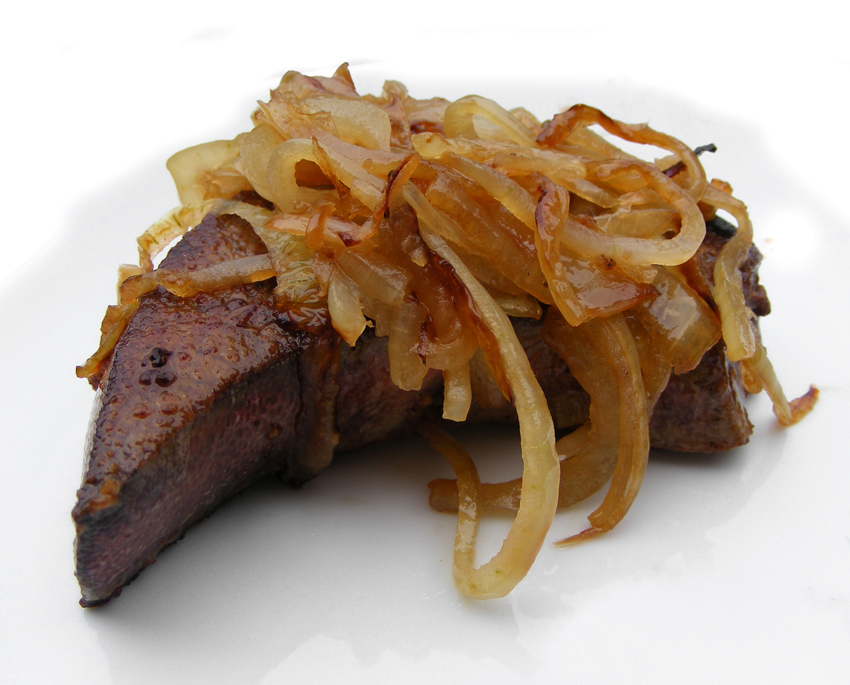
10. Caffeine
You might be one of the millions of people who enjoys a cup of coffee, tea, soda, or chocolate every day. When it comes to our love of caffeine, you most certainly are not alone. According to the American College of Obstetricians and Gynecologists(ACOG), pregnant women should normally limit their daily caffeine intake to less than 200 milligrams (mg) .
The placenta may easily absorb caffeine and it is swiftly absorbed by the body. High quantities of caffeine can accumulate because newborns and their placentas lack the primary enzyme required for its metabolic activation. High levels of caffeine use during pregnancy have been demonstrated to limit fetal growth and increase the risk of giving birth to a baby who is underweight. Low birth weight is considered to be less than 5 pounds, 8 ounces (or 2.5 kg) — is associated with an increased risk of infant death and a higher risk of chronic diseases in adulthood.
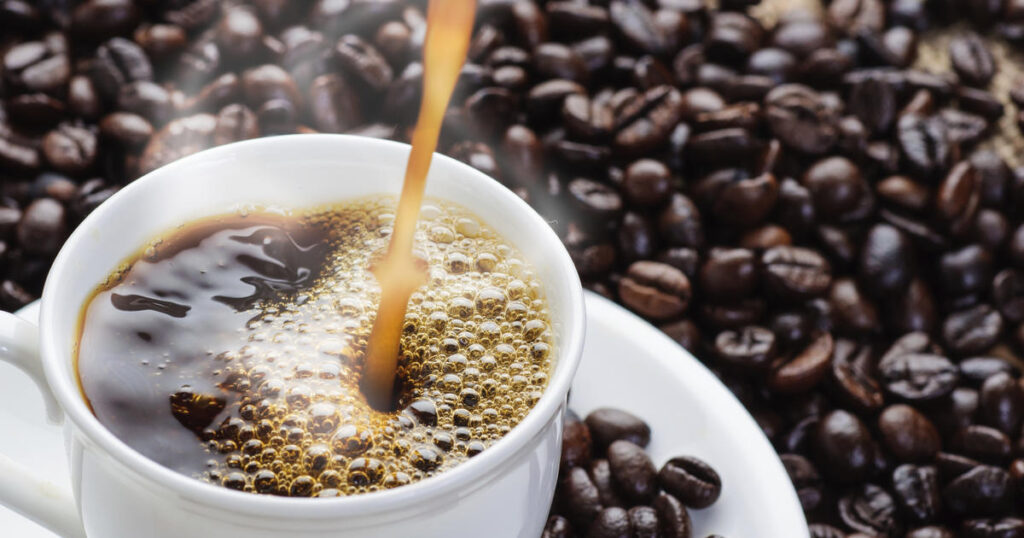
For the wise, one word is enough: for the sake of your baby’s safety and your own health, stay away from the foods listed above and eat foods that are high in nutrients instead.
